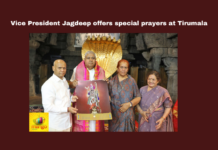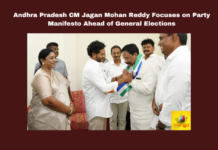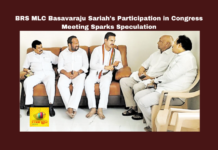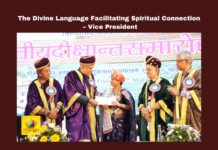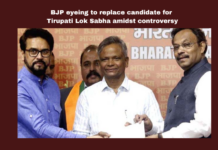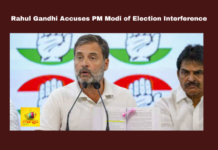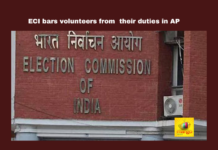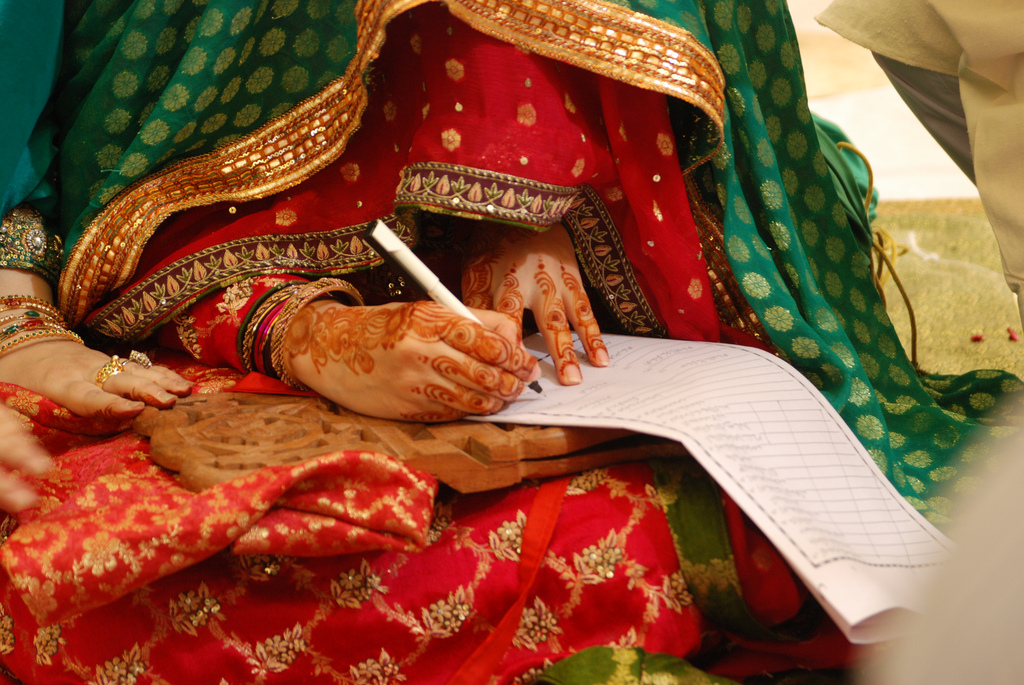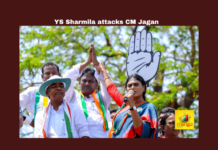The All India Muslim Personal Law Board (AIMPLB,) on Tuesday said to the Supreme Court that marriage in the Muslim Community is like a contract. It also said that the women can insist on clauses in the nikhanama to protect their dignity and interest.
Ejaz Maqbool, the representative of AIMPLB submitted to the five judge bench, headed by Chief Justice of India J.S. Khehar, that a woman has four options before marrying a person. This includes the registration of marriage under Special Marriage Act, 1954. The board said, “The woman can also negotiate in the nikahnama and include provisions therein consistent with Islamic law to contractually stipulate that her husband does not resort to triple talaq, she has right to pronounce triple talaq in all forms, and ask for very high ‘Mehr’ amount in case of talaq and impose such other conditions as are available to her in order to protect her dignity.”


The same board in an affidavit submitted last year on the Shayara Bano triple talaq case said that “Sharia grants right to divorce to husbands because men have greater power of decision making.” Maqbool, arguing in the apex court on behalf of the board said, “A Muslim man can delegate his power of pronouncing talaq to his wife or to any other person. However, such delegation does not deprive the husband of his own right to pronounce talaq.” Advocate Kapil Sibal said that Article 371 A, of Indian Constitution, protects matters of practice and customs of communities. He argued against the court putting triple talaq to test in the SC.
The board also spoke about polygamy and said, “Quran, Hadith and the consensus view allow Muslim men to have up to four wives. However, polygamy meets social and moral needs and the provision for it stems from concern and sympathy for women.” It said that Islam had polygamy, but did not encourage to follow it.

